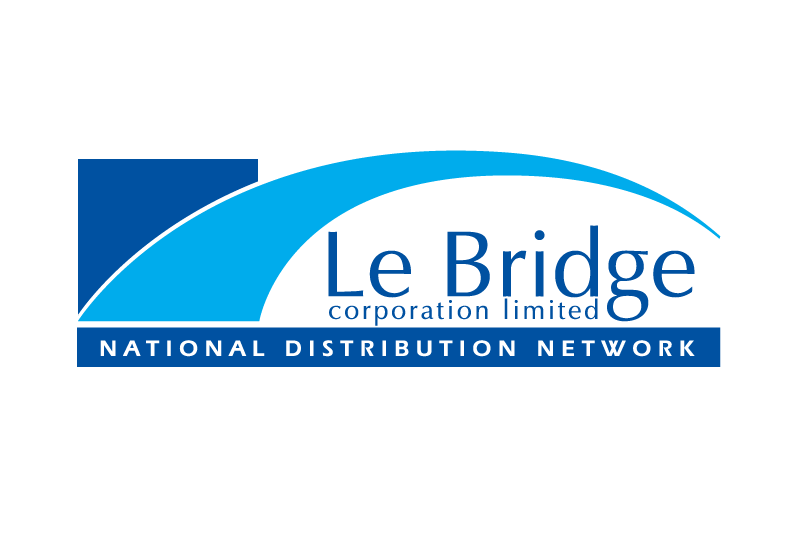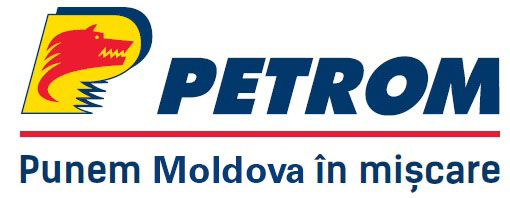
Igor Corman, SEBN MD: By working together, it is easier to find solutions to common problems
The Foreign Investors Association (FIA), uniting the largest foreign investors in the Republic of Moldova, has been working with the authorities for 20 years to improve the investment climate in the country. It is most active business, generating progress in its sectors and influencing the sustainable development of the economy and the social sphere as a whole. Igor Corman, Director of Sumitomo Electric Bordnetze Moldova (SEBN MD), told us how foreign investors manage to overcome difficulties in their activities.
– Why did foreign investors establish the Association 20 years ago and how effective has this format of work proved to be?
Such associations (SEBN MD is a member of both the Foreign Investors Association and other business associations) allow us not only to promote our common interests as investors in a better way, but also to coordinate our actions and some important positions. These platforms are important in terms of developing a vision of issues that affect us all, as different challenges appear, but when each of us tries to find a solution, it is less effective. By working together, it is easier to find common solutions to common issues.
In addition, on the platforms of such associations there is an effective exchange of views with colleagues from the similar or different industry. These are natural processes for countries with market economies, and such cooperation formats as joint work in various business associations have already proven their effectiveness through the time.
I consider that the state also benefits from the alliance of businesses in such organizations. This is due to the fact that decision-makers no longer need to communicate with each economic agent separately to “feel the pulse” of the business environment – the dialogue takes place on the platform of business associations, which are able to collect, systematize and properly “package” messages regarding the business environment for decision-makers. Yes, not always representatives of state structures are receptive to such messages, but on the whole the situation is satisfied.
– Which of the White Book proposals have led to a significant improvement in the business environment in your industry or in the economy as a whole? Could you please give some examples?
Firstly, I would like to express my gratefulness for such a useful instrument as the White Book regularly issued by the Association of Foreign Investors. In addition, the White Book also reflects our active contribution. Each member of the Association has its own specifics of activity, someone is more active in the banking system, we are active in the personnel sphere, as we have more employees. We have expertise, and we try to share our experience in discussing the Labor Code, Tax Code, etc.
And if to answer your question directly, I would exemplify the part concerning the possibility of compensating overtime work with paid time off. Thus, at the employer’s request, an employee may be engaged in work beyond the normal working hours for a maximum of 240 hours per calendar year. Previously, this limit was set at 120 hours, but in exceptional cases, with the consent of employee representatives, this norm may be increased to 240 hours. Reviewing and setting a higher number of authorized hours per calendar year, as in other countries, is a good opportunity to do so. For a company like ours, which knows what it means to have a large number of employees and to use their capabilities rationally, this is an extremely important point.
Or another example – holiday pay should be provided by the employer no later than three days before the employee enters holiday, but in large companies this is practically impossible, as not all employees follow the holiday schedule. Now, it is possible to pay compensation for annual paid leave on a date agreed by the parties or no later than the date of payment of salary for the month in which the leave was granted. Thus, it is much more logical to attach the payment of holiday pay to the pay period set out in the individual employment contract.
– Which are the strategic challenges facing your company and the industry that will be reflected in the White Book 2023?
For us, the primary importance is the preservation of customs and tax privileges for residents in the FEZ. It is quite natural that the rules of the game remain the same as they were when they decided to enter the Moldovan market, because large companies plan for at least medium, if not long term. Of course, everything changes and large companies show a certain flexibility in such situations, but nevertheless, it would be good if the rules I mentioned were preserved.
Secondly, all aspects of labor migration are very important to us. In our case, recruitment and selection is a continuous process, and the main factor behind this process is staff turnover. People go abroad either in search of higher earnings or to reunite with their families, and this phenomenon cannot be stopped. People are interested in getting a job with favorable conditions, and we offer that. We have a modern factory with very good working conditions, from the constant temperature, whether it’s summer or winter, to the dining room where employees eat at the company’s cost and the free transport we provide. In addition, we have other facilities such as, for example, an on-site doctor’s clinic where employees receive the necessary medical care on site. Furthermore, we offer a motivating and ever-increasing salary depending on each employee’s individual performance. As of 1 April 2023, the minimum wage in SEBN MD is MDL 10,000. I can confidently say that SEBN MD invests in people. But despite all this, we are still seriously affected by labor migration.
As for difficulties, there were indeed many during these years, but our management team was able to use them as opportunities and achieve high results. The most serious were the COVID-19 pandemic, the semiconductor industry crisis, production fluctuations, staff turnover, the war in Ukraine and the energy crisis. The effects of these challenges are still being felt today, but I hope that we will continue to manage them as effectively as we have so far.































